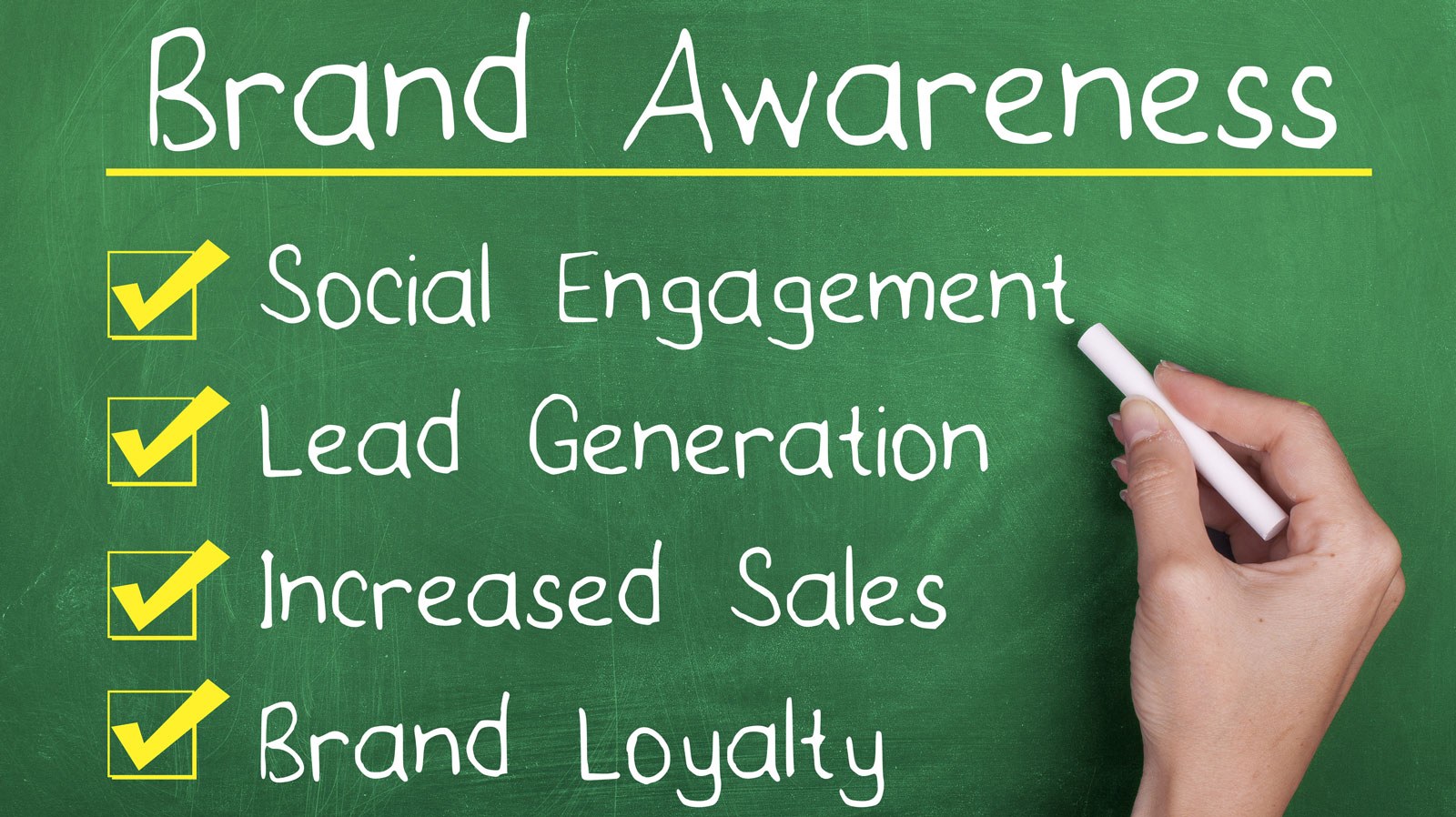What Is Brand Awareness? And Why It Matters

You might already know what brand awareness is, even if you don’t know the phrase for it. This is just a term that means consumers are able to recognize a product or franchise by its name or branding. What would McDonald’s be without their golden arches? What about Google’s multicolored letters? Commercials for Coke or Pepsi might make you crave a drink. These are brands you are familiar with and recognize instantly.
The ideal form of brand awareness is when your consumers recognize your brand and company better than they do your competition’s branding. If on a hot day you wish you had a soda and immediately link that thought with, “I’ll go get a Coke,” you have experienced brand awareness.
So why does it matter? Here are four things you should know about brand awareness, why it matters, and how to use it.
1. You Can Generate More Sales
If you have a recognizable product or a service, you are more likely to make a sale and keep that person as a loyal customer. Once you have a client base with brand awareness, it might be difficult for them to think of any other business to go buy the thing you also happen to sell. It’s simply easier to come back to your company each time there’s a need for your product or service because your branding is more recognizable. There’s no need for your customers to experiment with other companies because they’re not familiar with them. Yours is the standard.
Humans are creatures of habit, and they don’t want to shop around every time they need a product or service they’ve paid for previously. If you can snag them as a customer at least five times, there’s a good chance that you will have a loyal customer forever.
2. Brand Awareness Fosters Trust in Your Company
Consumers do extensive research before buying things these days. This includes researching reviews before going to the movies (about the film and the theater), before finding a restaurant, before ordering a rideshare, before buying a book, before choosing a grocery store … the list goes on and on. Once your consumer has researched your company and chosen you and bonded with your brand, they’re more likely to become repeat customers. They won’t even need to think about it after a couple of purchases or visits.
Trust comes from brand awareness. If you give your brand a face, a personality, and a story, it’s like you’re creating a person that’s the representation of your company. Humans bond easily with brands like this, and this is what creates brand loyalty.
3. Associations With Your Product
If you have a question, you Google it. If your nose is stuffy, you look for a Kleenex. Did you cut your finger? Here’s a Band-Aid.
All of these are brands that have become so strongly associated with their products that they have been made into verbs rather than nouns. There isn’t just Google, there are many search engines. Kleenex can be referred to as tissues. Band-Aids are bandages. These common items, though, are so strongly associated with those products that the brands often replace those common terms in our lexicon. And this is also a way that other people do business marketing for us, because if one of my coworkers refers to it as Kleenex often enough, it’s likely that I will start doing that too. And maybe because of that association, I’ll start buying Kleenex at the store instead of another brand.
4. How To Start
The thing about brand awareness is there’s no metric to measure it. There’s no way to see how effective it might be or to measure how your brand awareness is growing. It can be a vague concept, and it won’t happen overnight.
The first thing you want to do is think of your company as a person. Don’t just think about selling your products or services—you’ll have to make other efforts at the same time. Look at ads for other products outside of your industry for examples if you need to. For instance, Johnson & Johnson’s commercials aren’t just about trying to get you to buy baby shampoo. They also mention how their core value as a company is about making your life easier and the high quality of the ingredients that go into their shampoos and soaps.
It’s also a good idea to socialize and network. You don’t want to be known—either as a company or as a person—just for trying to only make a sale. You also want to build connections in your industry and your community. Make sure you have a couple of social media platforms and post about things related and semi-related to your business. This is a great way to interact with your customers and potential customers. A funny or insightful post might turn someone into a follower, and later, a customer.
You can also hire a face or create a mascot to represent your company. Mascots you might be familiar with include BuzzBee (the Honey Nut Cheerios bee), Mr. Peanut, and the Pillsbury Doughboy. Or you can create a face for a company, such as Flo at Progressive Insurance, or the Most Interesting Man in the World, Jonathan Goldsmith, who endorsed Dos Equis beer.
You don’t have to hire a celebrity—though if you can afford their fee, good for you! You can start small; maybe you want to be the face of your company. Or maybe you can hire someone close to you who understands the core values of your company and who can embody them. The important thing is that your company is represented by someone who your audience feels comfortable with.
For further help with your brand awareness, the creative professionals at InnoVision Global Marketing can help you realize your dream of becoming a household name. Contact us today to see how we can help you expand your business, whether your goals are local or global.

















